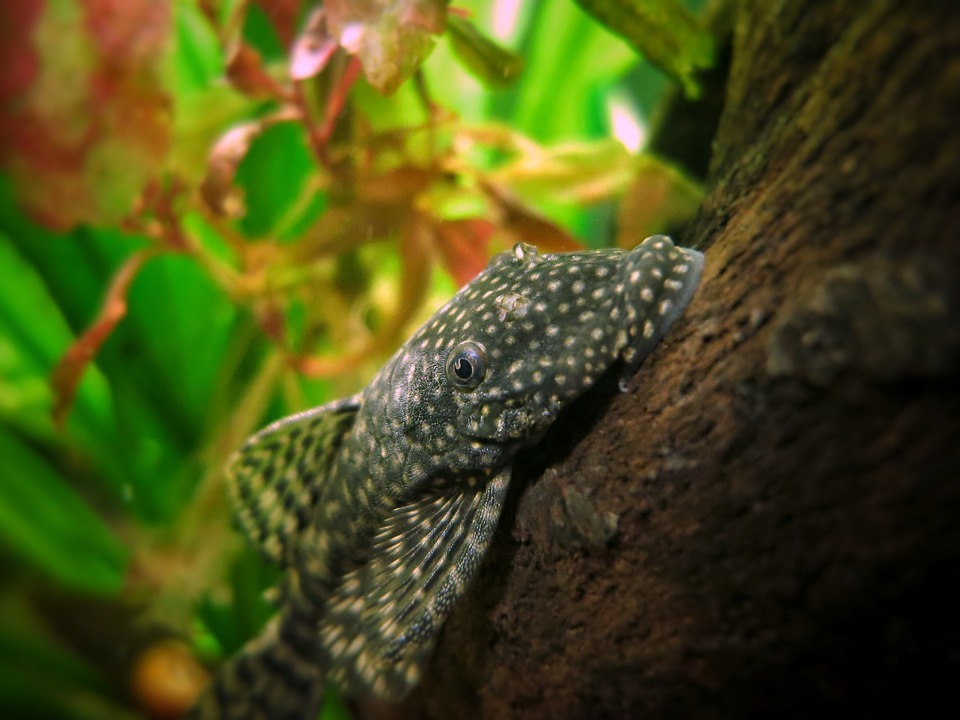Tropical Feeding Guide - Frozen Foods
There are a huge variety of frozen foods available, all of which make an excellent dietary supplement. These foods closely replicate the natural diet of your fish and are ideal for finicky feeders, those that are tricky to get feeding in the first instance, and for bringing your fish into breeding condition.
The majority are available as convenient small-sized frozen cubes, and several types are also available in large frozen slabs. Gamma irradiation during the production process ensures these foods do not pose a disease threat to the aquarium. Tiny fish and fry will enjoy minuscule foods such as baby brineshrimp (Artemia nauplii) and cyclops, whilst most small-medium sized fish will devour bloodworm, white mosquito larvae, vitamin-enriched brineshrimp, and Mysis shrimp. Krill, shrimp, cockles, mussels, and lancefish are suitable for larger carnivores, with special formulas also available for cichlids and herbivores. Please remember that these foods are eagerly taken but are less nutritionally complete than dry foods; therefore, it is recommended that for most fish, frozen foods are offered only 2-3 times per week as a supplemental treat. Species that take such foods as a staple should be given an alternative source of vitamins and minerals and this may require soaking their meals in a multivitamin solution prior to feeding.
A handful of similar foods are available in a freeze-dried form, and these are kept on a shelf rather than in the freezer. Unfortunately, whilst still very nutritious, they can be a little less appealing to fish compared to frozen foods. Many freeze-dried foods tend to float, which is great for surface-dwelling species, but it might all be eaten before it reaches fish that inhabit the lower levels unless soaked beforehand.
As the juices from frozen foods can increase phosphate levels, it’s a good idea to rinse the thawed food before adding it to the aquarium. Offering the food in a glass or jug of aquarium water will mean that it disperses around the tank faster and prevents greedy feeders from monopolising the food.




